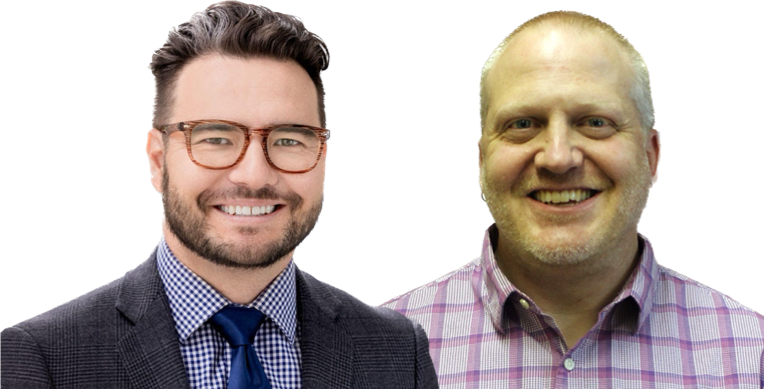On this Memorial Day, we are proud to introduce the newest limited series from the Institute for Religion, Media, and Civic Engagement and Axis Mundi Media. Miss Information is a podcast about how conspiracies and misinformation infiltrate wellness communities and religious spaces.
Subscribe here: https://redcircle.com/shows/21b4b512-ceef-4289-b9fc-76f302f5bd22/episodes/3532f1b2-5f15-4302-82f6-8a281d676871
Misinformation is big news, but what does it mean and why does it matter? If misinformation is simply incorrect information, can it be solved simply by telling people the right answer?
In this episode, we learn how misinformation can prevent people from voting if they think they aren’t eligible or can’t vote by mail; how misinformation can convince people to take certain drugs to cure a disease even if it’s not proven to be safe; and the ways misinformation can draw people into conspiracies like QAnon. But it’s not as simple as dispelling all misinformation from our midst. That seems impossible. Rather, in dialogue with Dr. David Robertson from the Open University, what we will discover points to a different question: Why do people believe misinformation at all and what does it do for them? In other words, instead of focusing on what people believe, perhaps the phenomenon of misinformation directs us to ask what beliefs do – who they favor, who they put in power, who they marginalize, and who they leave vulnerable. And by understanding the mechanics, maybe we can mitigate the damage misinformation does to our public square.
For more information about research-based media by Axis Mundi Media visit: www.axismundi.us
For more information about public scholarship by the Institute for Religion, Media, and Civic Engagement follow us @irmceorg or go to www.irmce.org
Funding for this series has been generously provided by the Henry Luce Foundation.
Creator: Dr. Susannah Crockford
Executive Producer: Dr. Bradley Onishi (@bradleyonishi)
Audio Engineer: Scott Okamoto (@rsokamoto)
Production Assistance: Kari Onishi
Dr. Susannah Crockford (@suscrockford): Ripples of the Universe: Spirituality in Sedona, Arizona
Further Reading
Robertson, David G. UFOs, Conspiracy Theories and the New Age: Millennial Conspiracism. London: Bloomsbury, 2016.
Robertson, David G., and Amarnath Amarasingam. “How Conspiracy Theorists Argue: Epistemic Capital in the Qanon Social Media Sphere.” Popular Communication 20 (2022): 193-207. https://doi.org/10.1080/15405702.2022.2050238.
Howard, Philip N. Lie Machines: How to Save Democracy from Troll Armies, Deceitful Robots, Junk News Operations, and Political Operatives. New Haven: Yale University Press, 2020.
Bail, Chris. Breaking the Social Media Prism: How to Make Our Platforms Less Polarizing. Princeton, NJ: Princeton University Press, 2021.
Uscinski, Joseph E., and Joseph M. Parent. American Conspiracy Theories. Oxford: Oxford University Press, 2014.
Byford, Jovan. Conspiracy Theories: A Critical Introduction. London: Palgrave Macmillan, 2011.
Argentino, Marc-Andre. “The Church of QAnon: Will Conspiracy Theories Form the Basis of a New Religious Movement?” The Conversation, May 18, 2020, https://theconversation.com/the-church-of-qanon-will-conspiracy-theories-form-the-basis-of-a-new-religious-movement-137859
Hao, Karen. “How Facebook got addicted to spreading misinformation,” MIT Technology Review, March 11, 2021, https://www.technologyreview.com/2021/03/11/1020600/facebook-responsible-ai-misinformation/
Learn more about your ad choices. Visit megaphone.fm/adchoices

